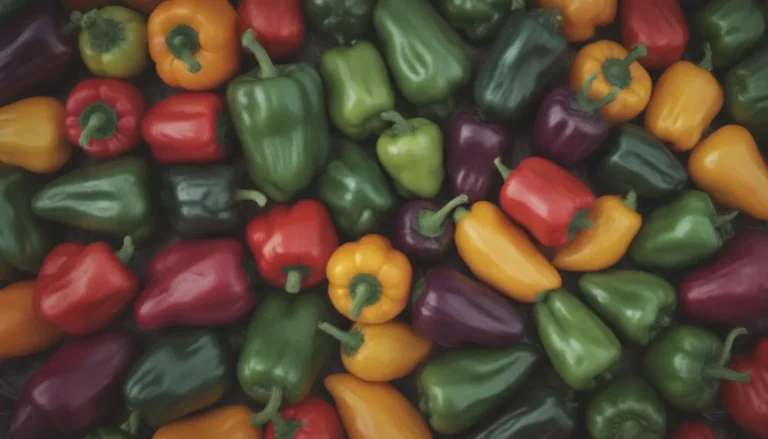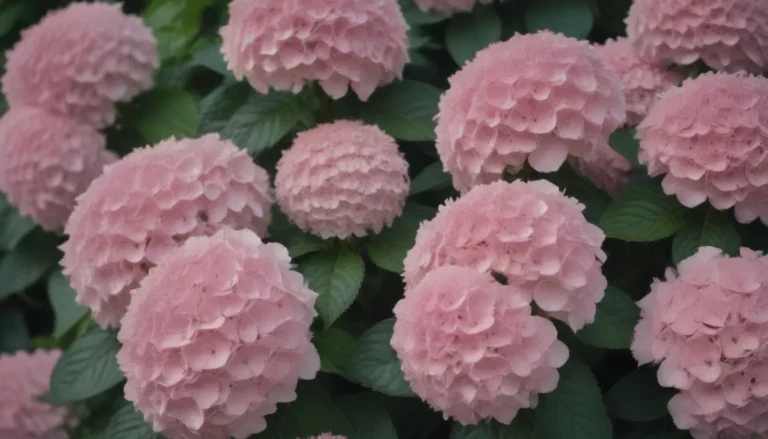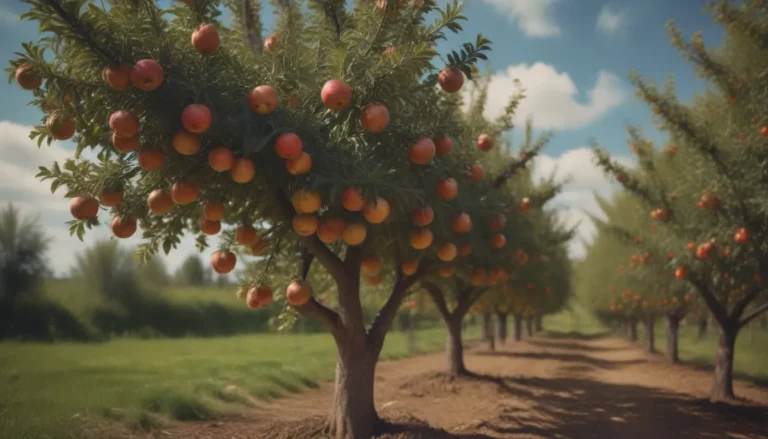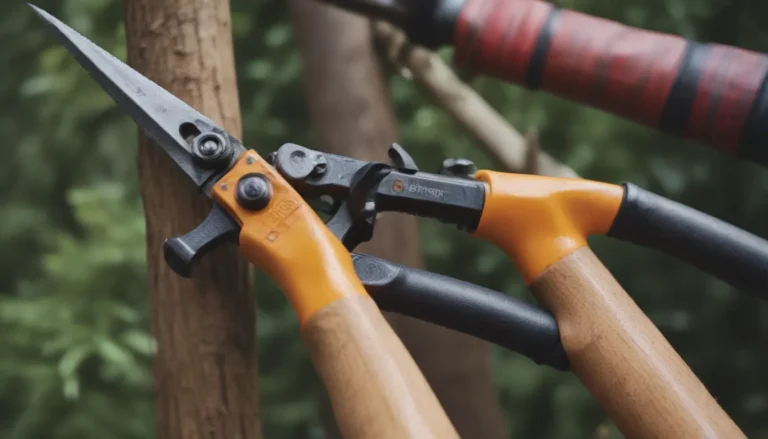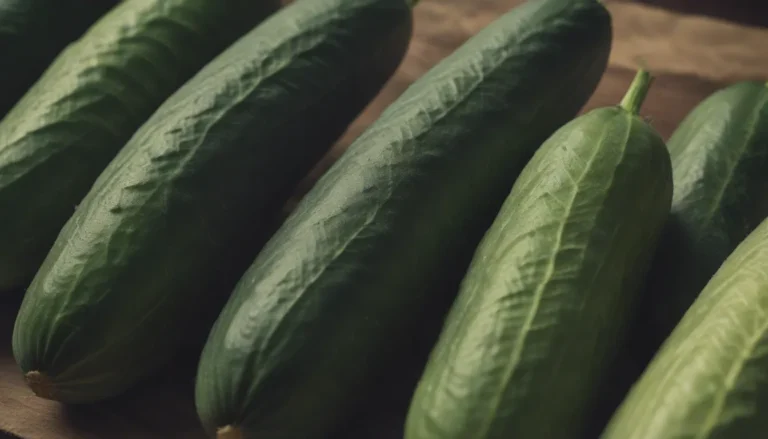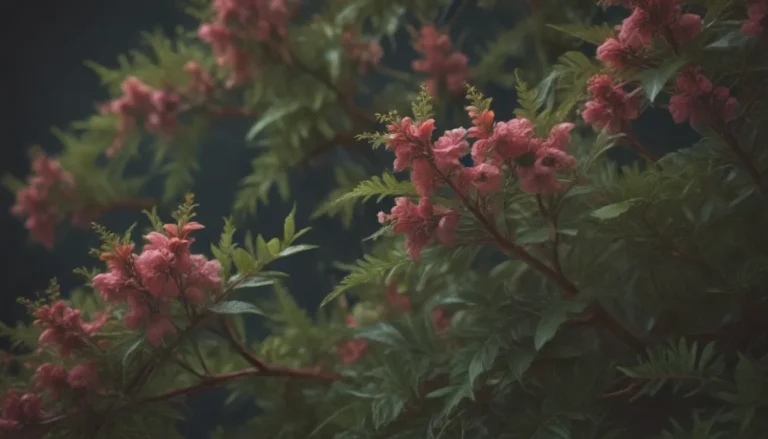Comprehensive Guide to Companion Planting with Dill
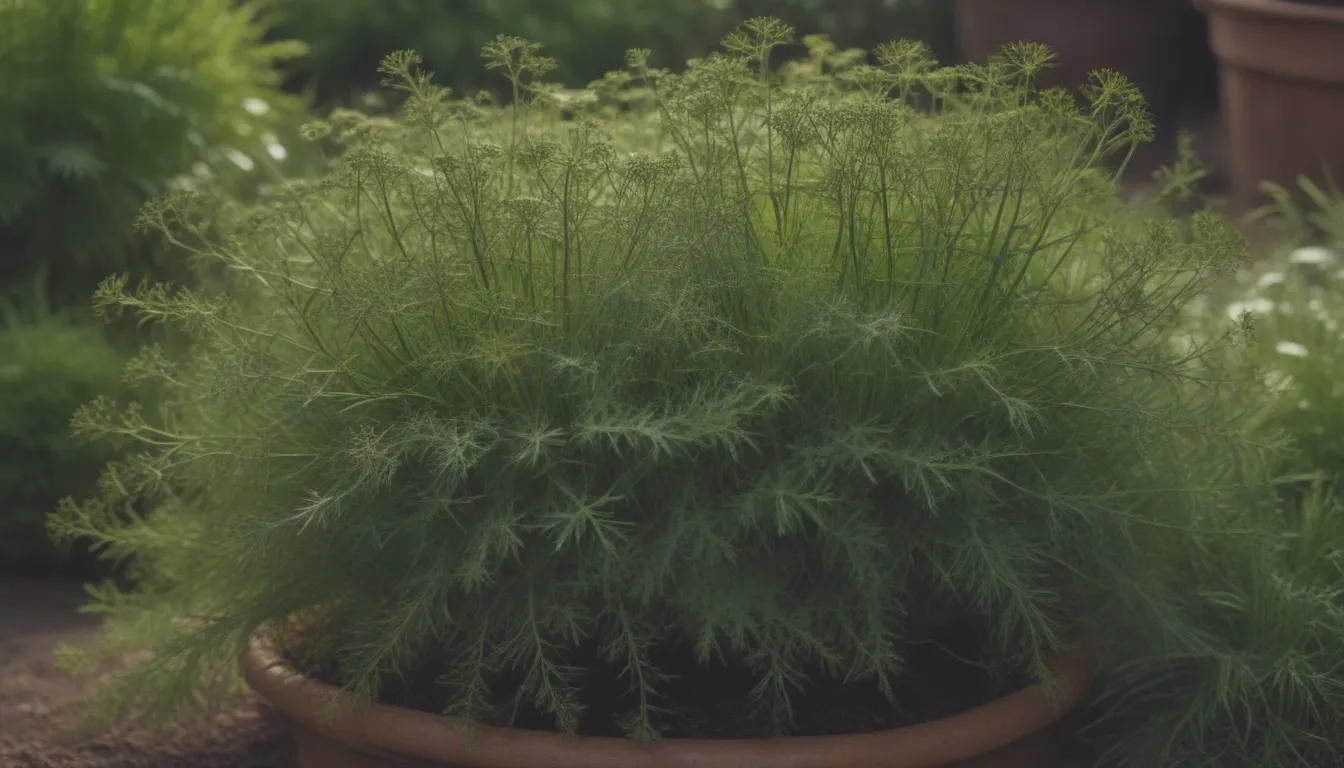
Do you love using dill in your cooking and want to maximize its benefits in your garden as well? Companion planting with dill is a fantastic way to improve the health and productivity of your garden by promoting beneficial relationships between plants. In this guide, we will explore 12 of the best companion plants for dill, from broccoli to basil, and how they can enhance your garden’s ecosystem.
Understanding the Benefits of Companion Planting
Companion planting is a gardening technique that involves planting different species of plants together to benefit each other in various ways. This practice can help attract pollinators, repel pests, improve soil health, and maximize growing space. By strategically selecting companion plants for dill, you can create a harmonious environment that supports the overall well-being of your garden.
Dill is an excellent companion plant for a wide range of herbs, vegetables, and flowers due to its ability to attract beneficial insects like honeybees and ladybugs, while deterring harmful pests such as aphids and spider mites. Additionally, dill’s shallow roots and narrow stems make it a versatile addition to your garden, allowing it to thrive alongside larger plants like Brussels sprouts without taking up too much space.
12 Best Companion Plants for Dill
1. Corn
Insects like cutworms and earworms can pose a threat to mature corn plants. Dill’s intense fragrance attracts beneficial insects like ladybugs and hoverflies, which prey on corn pests. Planting dill at the ends of corn rows, approximately one foot away from the nearest corn stalk, can help protect your corn crop.
- Name: Corn
- USDA Hardiness Zones:
- Light:
- Soil:
2. Asparagus
Aphids are a common pest that can wreak havoc on vulnerable vegetables like asparagus. Dill seeds attract lacewings and ladybugs, natural predators of aphids, making them excellent companions for asparagus. Planting dill alongside asparagus can help control aphid populations while maximizing growing space and nutrient distribution.
- Name: Asparagus
- USDA Hardiness Zones:
- Light:
- Soil:
3. Basil
Dill and basil make great companion plants due to their similar soil requirements and ability to attract beneficial insects while repelling pests. If you’re planning an herb garden, consider pairing dill and basil together to create a thriving ecosystem that supports both plants.
- Name: Basil
- USDA Hardiness Zones:
- Light:
- Soil:
- Deer Resistant:
Tip: Coriander, parsley, and chervil also make excellent companion plants for dill.
4. Broccoli
Brassica vegetables like broccoli are susceptible to pests like cabbage moths and worms, which can damage the plants. Dill can help deter these destructive insects, making it a valuable companion for broccoli and other brassicas. By planting dill near broccoli, you can protect your crop from common pests.
- Name: Broccoli
- USDA Hardiness Zones:
- Light:
- Soil:
5. Marigold
While dill is effective at repelling various insects, it can still face damage from pests like caterpillars and slugs. Marigolds are known for their pest-repelling properties and can help safeguard dill plants from harmful bugs. Pairing dill with marigolds can create a protective barrier against garden pests.
- Name: Marigold
- USDA Hardiness Zones:
- Light:
- Soil:
6. Lettuce
Lettuce is considered a prime target for garden pests due to its leafy nature and short growing cycle. Planting dill near lettuce can help deter pests and create a healthier growing environment for both plants. Consider intercropping dill with lettuce to enhance pest resistance and optimize space utilization.
- Name: Lettuce
- USDA Hardiness Zones:
- Light:
- Soil:
7. Onion
Aphids are a common garden pest that can threaten dill plants, despite their natural pest-repelling properties. Combining dill with onions can create a powerful barrier against aphids, thanks to the strong aromas emitted by both plants. Planting onions alongside dill can enhance pest protection and promote healthier growth.
- Name: Onion
- USDA Hardiness Zones:
- Light:
- Soil:
8. Beans
Beans are beneficial companion plants for dill because they attract nitrogen to the soil, which benefits neighboring plants. In return, dill helps keep common garden pests at bay, protecting bean plants from damage. By interplanting dill with beans, you can create a mutually beneficial relationship that supports the overall health of your garden.
- Name: Beans
- USDA Hardiness Zones:
- Light:
- Soil:
9. Nasturtium
Nasturtiums are another excellent companion plant for dill, offering additional protection against garden pests. Similar to onions, nasturtiums can enhance dill’s pest-repelling abilities and attract pollinators and predatory insects to your garden. Consider planting nasturtiums alongside dill to create a robust pest management system.
- Name: Nasturtium
- USDA Hardiness Zones:
- Light:
- Soil:
10. Chives
Chives, like onions, have a strong fragrance that can help deter aphids and other garden pests. Pairing chives with dill can create a formidable pest-fighting team that promotes a healthy garden ecosystem. By intercropping chives with dill, you can enhance pest resistance and attract beneficial insects to your garden.
- Name: Chives
- USDA Hardiness Zones:
- Light:
- Soil:
Tip: Planting dill near alliums like garlic, chives, onions, and leeks can help enhance their flavor.
11. Zucchini
Zucchini and other squash plants require ample space to grow, making it essential to choose companion plants that complement their bushy nature. Dill’s slender form allows it to coexist harmoniously with squash plants, without overshadowing or obstructing their growth. Additionally, dill attracts predatory insects that can help protect zucchini from common pests.
- Name: Zucchini
- USDA Hardiness Zones:
- Light:
- Soil:
12. Cucumber
Dill and cucumber are a winning combination both in the kitchen and the garden. Cucumber beetles are a significant threat to cucumbers, but dill can help mitigate this risk by attracting natural predators of cucumber beetles. By planting dill near cucumbers, you can create a symbiotic relationship that enhances pest control and promotes healthy growth.
- Name: Cucumber
- USDA Hardiness Zones:
- Light:
- Soil:
Plants to Avoid Growing with Dill
While dill can be a beneficial companion plant for many vegetables, herbs, and flowers, there are certain plants that may not interact well with dill. Here are a few plants to avoid growing near dill:
- Carrots
- Peppers
- Lavender
- Potatoes
Dill thrives in full sun and moist, well-drained soil (USDA Hardiness Zones 2-11). Avoid planting dill in locations prone to high winds, as its delicate stems can be easily toppled. When sowing dill seeds, space them appropriately to allow for healthy growth and optimum nutrient absorption.
Additional Resources for Companion Planting
- Franklin Park Conservatory and Botanical Gardens: Companion Planting
- Cornell University Cooperative Extension: Companion Planting
- National Gardening Association: Herbs Attract Beneficial Insects
- NC State Extension Toolbox: Dill
In conclusion, companion planting with dill offers numerous benefits for your garden, from pest control to nutrient absorption. By selecting the right companion plants for dill, you can create a thriving garden ecosystem that promotes healthy growth and enhances overall productivity. Experiment with different plant combinations and observe how they interact to create a harmonious environment for your plants. Happy gardening!
